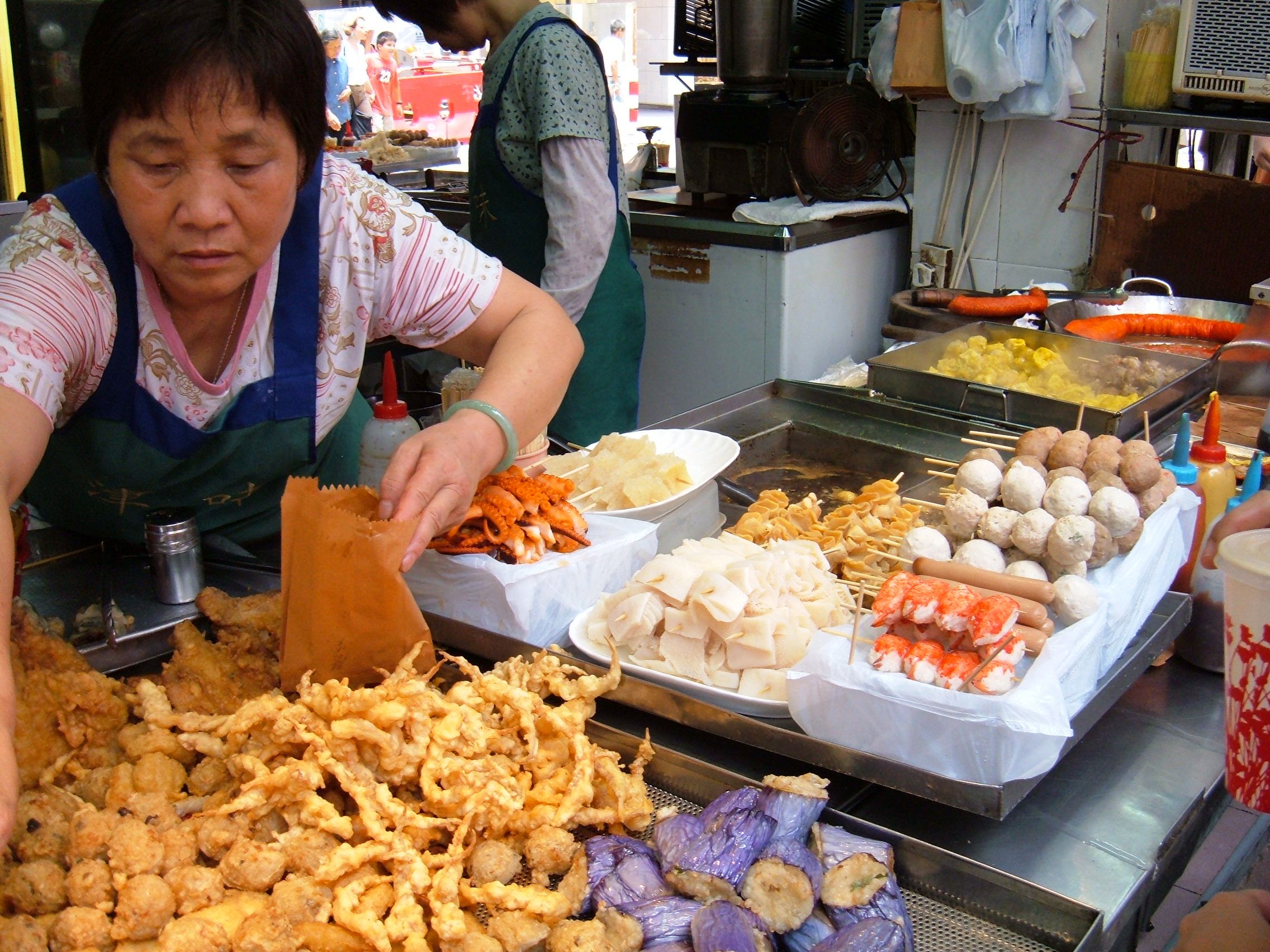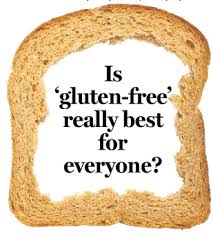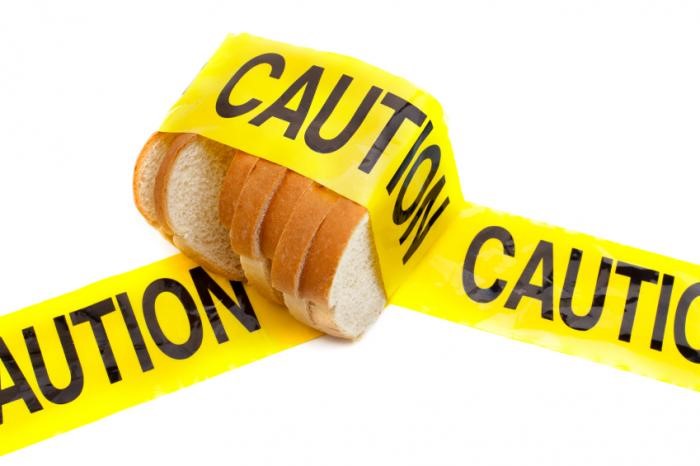 Contaminated food and water is the leading source of illness and diarrhea that occurs during travel. Fortunately, there are some choices you can make to reduce your chance of becoming ill. Here are some suggestions:
Contaminated food and water is the leading source of illness and diarrhea that occurs during travel. Fortunately, there are some choices you can make to reduce your chance of becoming ill. Here are some suggestions:
Ask the concierge at your hotel or on your cruise ship for recommendations for well-established, reliable dining locations. International hotels and better restaurants that normally cater to travelers in big cities are generally a safer option when dining out. Yet, careful, informed choices remains important everywhere
When selecting foods, know that foods and beverages served steaming hot are considered safe. Street vendors should be avoided. Order all meat and seafood well done. Beware of anything cold, especially meat, even if it has been cooked. The following chart provides a short list of food products considered safe as well as foods to avoid.
Foods Considered Safe
- Hot coffee, tea, and soup (if served steaming)

- Any food served steaming
- Undiluted fresh grapefruit or orange juice
- Bottled/canned noncarbonated water
- Bottled/canned carbonated beverages: soft drinks, beer, or mineral water
- Packaged butter
- Packaged processed cheese
- Dry bread
Foods to Avoid
- Tap water and ice
- Fresh salads and leafy green vegetables
- Desserts, especially those containing custard, cream, or whipped cream

- Fresh cheese
- Cold meats and foods, including previously boiled seafood
- Reheated foods
- Spicy sauces in open containers on tables
- Milk and other dairy products from questionable sources
- Any food product from a street vendor that you have not seen boiling for at least 5 minutes
- Fruit that has been peeled by someone else
Bottled or canned beverages are usually considered safe, especially if carbonated. Beverages that are boiled, such as tea, coffee, hot chocolate, are also considered safe. Before opening a bottled or canned beverage, be sure to wipe the container opening and drinking edge with a clean tissue. It is wise to use clean straws for drinking cold beverages. Experienced travelers often bring their own supply.
Source: Cleveland Clinic


